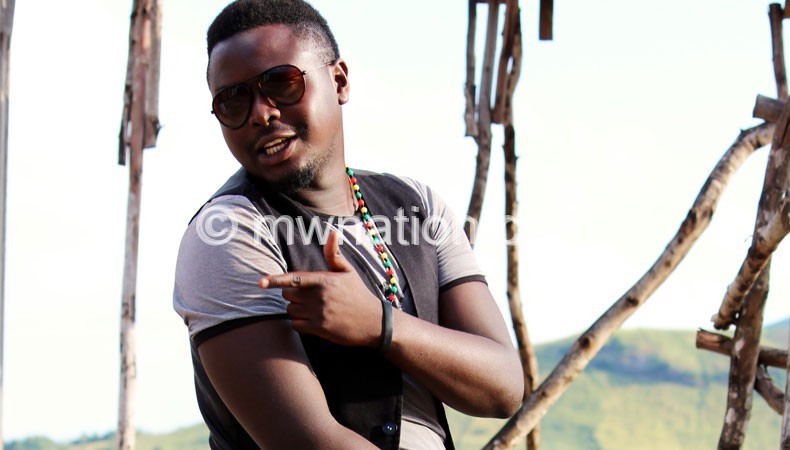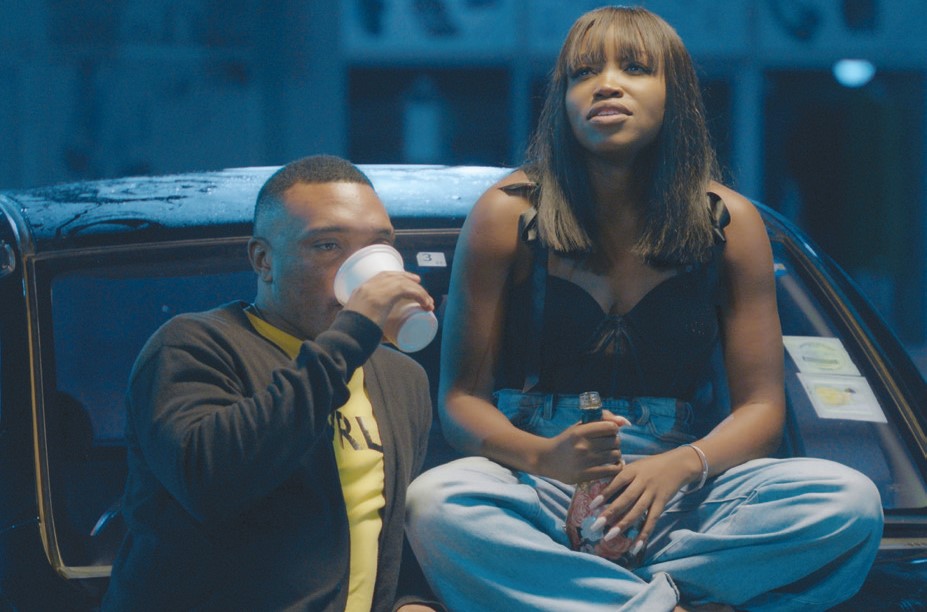Reclaiming the Malawian narrative
Once upon a time, Malawi was a hub of Zambian music. Apart from the frequent visits by artists, local radio stations, entertainment joints and social gatherings were characterised by Zambian music.
Who can forget the music grouping called The Third from Zambia, which took the country’s music scene by storm with popular hits such as Love Yamufilimu? What about Danny’s controversial hit Yakumbuyo?

Recently, the Malawi music industry has been awash with the likes of Mampi, JK, Organised Family, Pentagon of Chishalala fame and B1, famous for the hit Sikileti ku Bedi, just to mention a few.
To make matters worse, even the music approach of some Malawian artists, both established and budding, began to lean towards the Zambian touch in a bid to get their music all over the place, too.
The impression is that if radio or club DJs are giving the Zambian music massive airplay, anything related to that taste—whether it is bubblegum or creative piece of art—could get similar support. Little wonder some established musicians have thrown their once mighty reputation to the dogs by copying anything foreign.
South African gospel music has also left an indelible mark on the country’s music platform, especially among gospel musicians. Today, everyone wants to sound like Rabecca Malope, Keke or Benjamin Dube, forgetting that they can equally make an impression with own innovative styles.
Just like Zambian and South African gospel, Nigerian music has also come with a bang on the Malawi music landscape, dominating every single radio station and entertainment joint. Just a walk in town, five minutes cannot pass without hearing a Nigerian music booming. Similarly, there was a time when a day could hardly pass without hearing songs like Doro Bucci or Skelewu on the local airwaves.
Contrary to the situation of foreign artists, whose music dominate even in the homes of most Malawians, none of Malawian artists command respect in Zambia, South Africa, Nigeria or the USA. A year can pass without hearing a song done by a Malawian on an American radio.
Even our own praised rappers Genii Blakk, Third Eye, Tay Grin, Gwamba, Crazie G and Dominant 1 are not recognised. Let alone their songs claim a spot in the land of such gifted rappers as Jay Z, Kanye West, TI and Lil Wayne.
“I have been in America for two years now, but I have never heard any song done by a Malawian on any radio. Even our own popular boys Tay Grin and Gwamba are not known here,” bemoaned Chancy Mazungwi, a Malawian based in the USA.
DJs blamed for promoting foreign music
If truth be told, Malawi has a pool of gifted music artists, but their talent is being rendered useless by the influence of foreign cultures that is successfully being transmitted through the art of music. Some radio DJs do not even feel ashamed of dedicating the entire airtime to foreign music at the expense of their own struggling local music industry.
However, some musicians have blamed the poor representation of local music on lack of guiding policies and principles on the promotion of Malawian art and culture.
“Today, everyone wants to sound like Nigerians or Zambians because it is the type of music that is enjoying massive airplay in our country. It is to do with the way our country’s policies were framed because one could ask what is the point of allowing local radio stations to play foreign music the time?
“Really, I don’t understand whether it is a sheer hunger for the so-called quality music or prejudice for local radio DJs to allocate more airplay to foreign music at the expense of local flourishing talents,” said Brains Mbira, one of the up-and-coming artists.
He cited Nepman, BFB, Mafo, Kanny 1, Bucci, Mwanache, Martse, Gwamba, Flo-Dee, K2B, Crazie G, Piksy as some of the talented artists who keep on missing on some radio programmes when it comes to the promotion of Afro-urban music.
However, some players blame lack of creativity on the part of Malawian artists as loophole which gives room to massive promotion of foreign music by the country’s media.
Window of hope
But government said the newly enacted Cultural Policy provides guidelines that will jealously guard Malawian culture.
Martha Mituka, an official from Musicians Union of Malawi (MUM) said it is the union’s wish that 80 percent of music being promoted by the local media should be strictly Malawian.
“Since art is a form through which culture is conveyed, the Cultural Policy will encourage public and independent radio stations to increase airtime and programmes on traditional or local music as one of the strategies to promote Malawian culture,” said Kondwani Nankhumwa, Minister of Information, Tourism and Culture.
The Cultural Policy also proposes the establishment of the National Arts Council that will be coordinating and monitor implementing policies on arts by different arts associations and private institutions.
In the formal sector, Nankhumwa said government will strengthen its roles in the management of cultural activities through the Department of Culture and some statutory organisations such as the Malawi Broadcasting Corporation (MBC), National Library Service, Copyright Society of Malawi (Cosoma), University of Malawi and the National Commission for Unesco.
However, speaking on condition of anonymity, a senior broadcaster working with one of the top radio stations in the country said there are yet to receive official communication from the Ministry of Information and Tourism on the new directives on promoting Malawi music.
“Talk is cheap. We spend much of the energy playing the blame game instead of implementing the policies on the ground. For your own information, media houses cannot start playing 80 percent of local music based on what the minister has said on the radio or newspaper. There must be formal communication to the media houses with proper guidelines,” alleged the source.
He, however, blamed government for lacking interest in the issues of culture and arts as a major setback to the promotion of the two.
“Malawi needs politicians who are committed to promoting arts and culture. Had it been we have such political will, we would have been talking about vibrant promotion of arts and culture in Malawi. We would have been talking about completed renovation work on Blantyre Cultural Centre by now,” he said.





